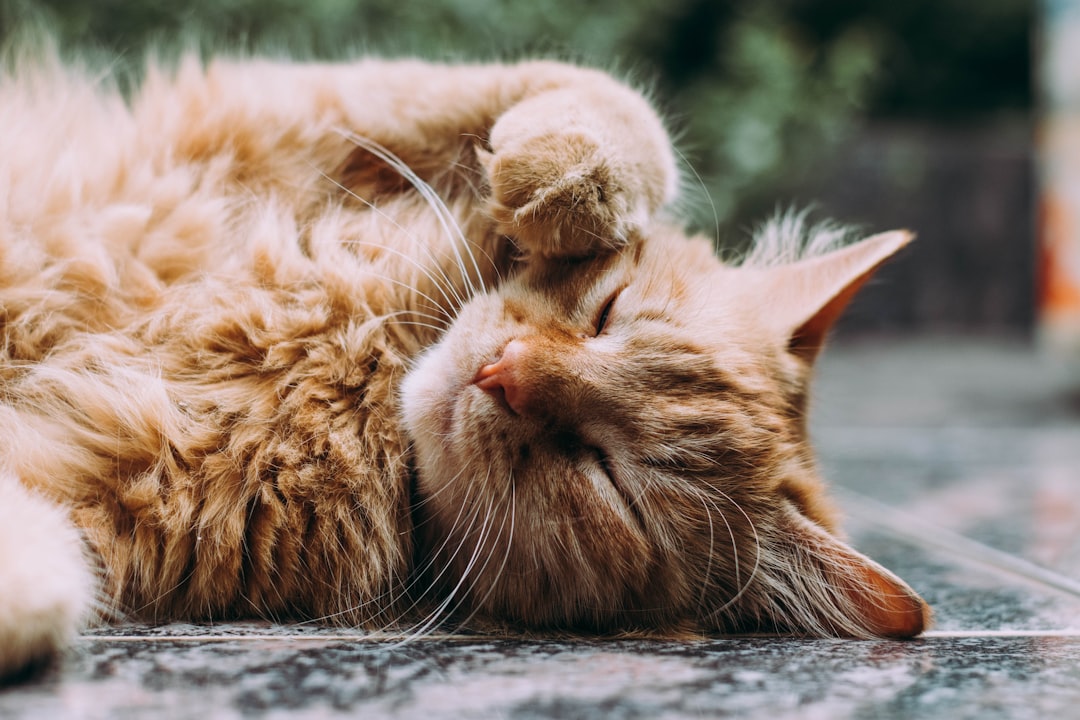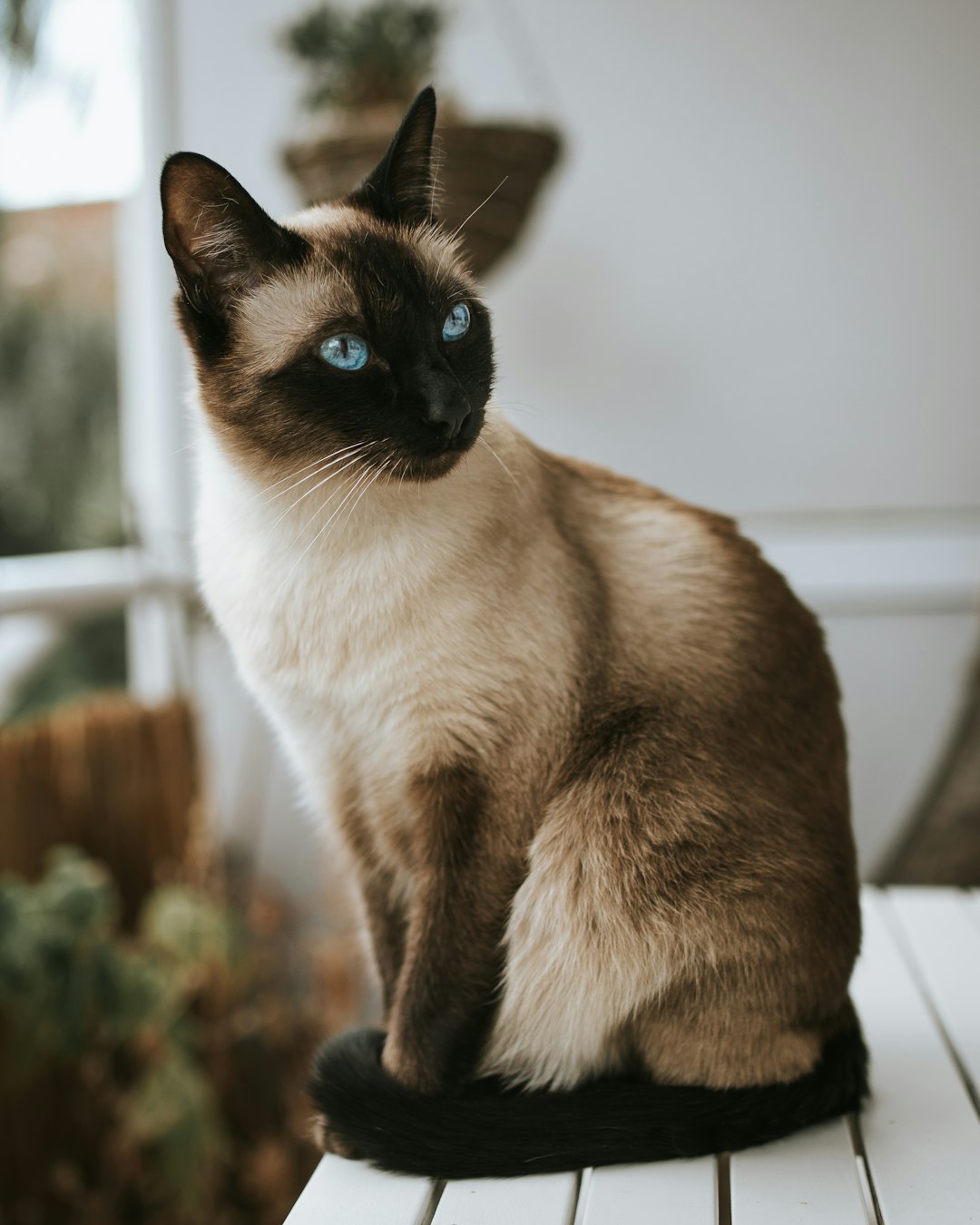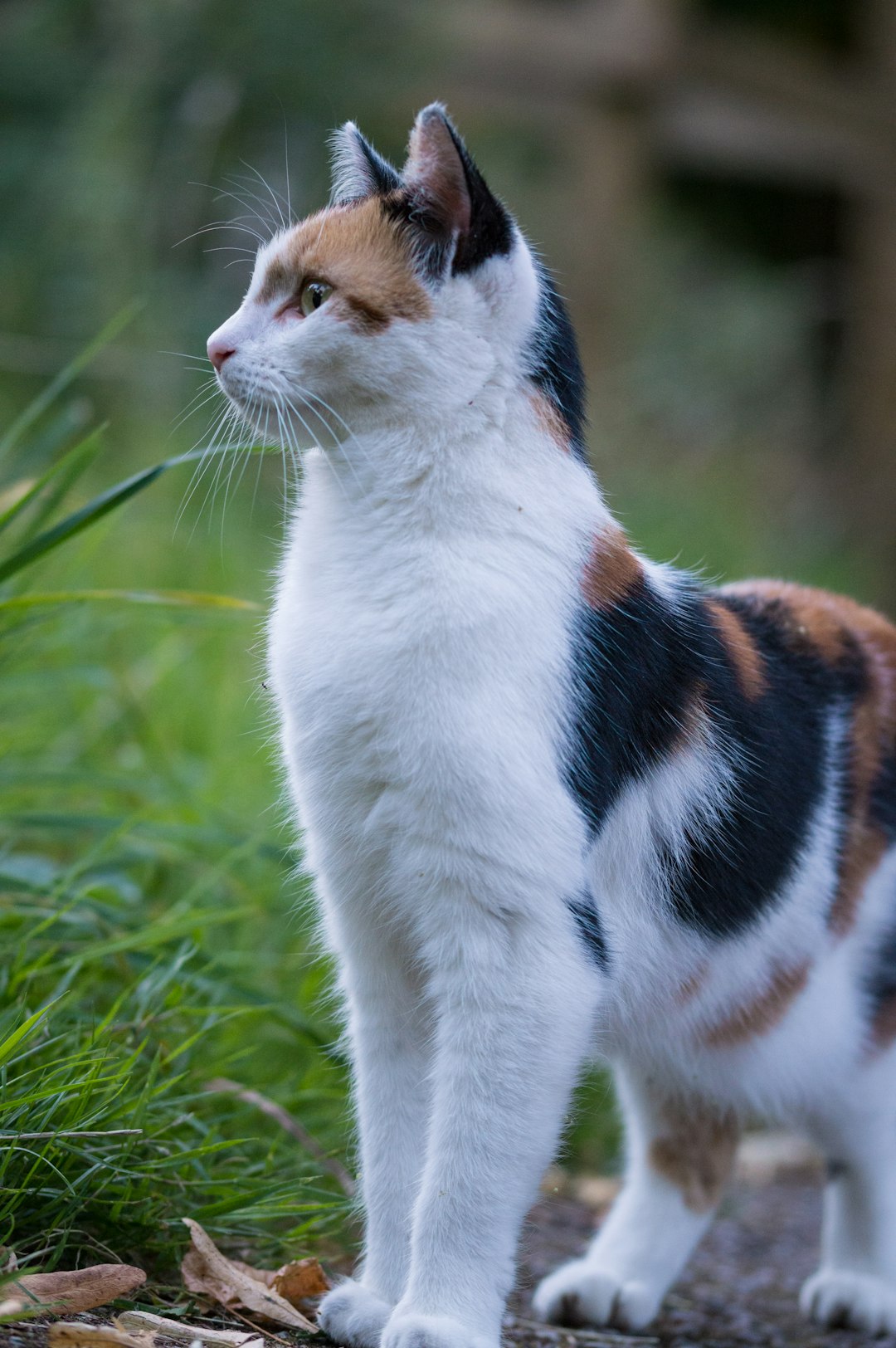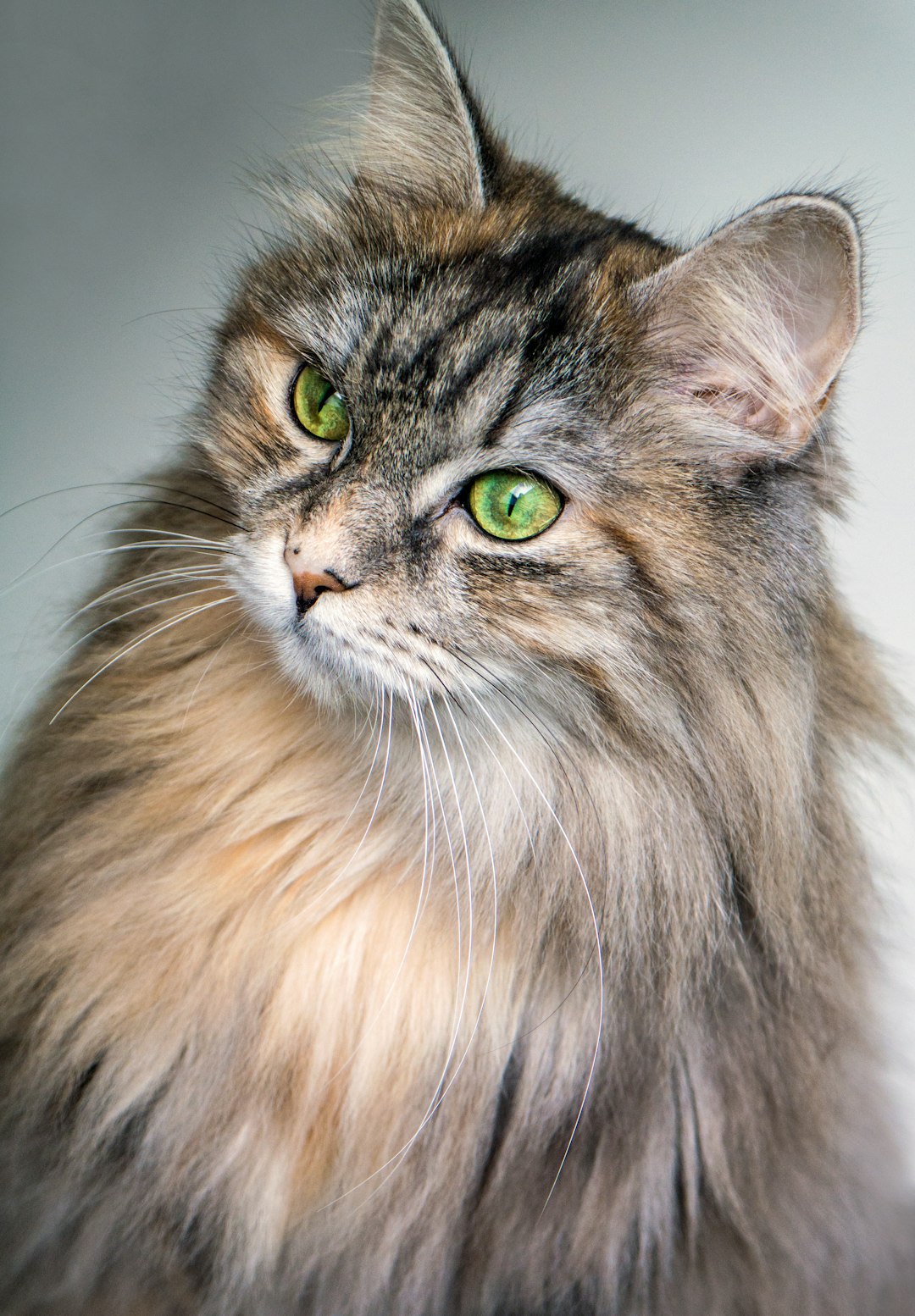As a cat owner, you likely wonder about the safety of various foods for your feline friend. One question that often arises is, "can cats eat honey?" While honey may offer some nutritional benefits, it’s essential to understand your cat’s specific dietary needs. This comprehensive guide will delve into the potential advantages and risks associated with honey, ensuring you’re well-informed about what’s best for your pet. By exploring these key factors, you can make educated decisions regarding your cat’s diet and health.
Understanding Cats’ Dietary Needs
Cats are obligate carnivores, which means their diet primarily consists of meat. Their nutritional needs differ significantly from those of omnivorous animals. Here are some key aspects of a cat’s dietary needs:
- Protein-Rich Diet: Cats require high levels of protein to maintain muscle mass and overall health. Common protein sources include chicken, fish, and beef.
- Limited Carbohydrates: Unlike humans and dogs, cats efficiently metabolize proteins and fats but struggle with carbohydrates. A diet high in carbs can lead to obesity and health issues.
- Essential Nutrients: Cats need essential nutrients like taurine, arachidonic acid, and certain vitamins (e.g., vitamin A) that are naturally found in animal tissues.
- Water Intake: Cats often do not drink enough water, making moist food or regular access to fresh water crucial for hydration.
Considering these needs, one might wonder, can cats eat honey? While honey does offer some benefits, it doesn’t align with a cat’s natural dietary requirements. It’s essential to ensure that any food, including honey, fits within these nutritional parameters.

Nutritional Content of Honey
When exploring the question can cats eat honey, it is essential to understand the nutritional profile of honey itself. Honey is a sweet substance produced by bees, and it consists primarily of the following components:
- Carbohydrates: About 82% of honey is carbohydrates, mainly in the form of fructose and glucose, providing a quick source of energy.
- Water: Honey contains roughly 17% water, which contributes to its consistency and shelf life.
- Vitamins and Minerals: Although present in small amounts, honey includes trace vitamins like B vitamins and minerals such as calcium, potassium, and magnesium. However, these nutrients are not sufficient to alter a cat’s dietary needs significantly.
- Antioxidants: Honey also contains natural antioxidants that may support overall health in both humans and animals.
While can cats eat honey? The answer is nuanced. While honey’s nutritional content offers some benefits, it does not replace essential nutrients cats require from a high-quality diet. Always consider the overall balance of your cat’s nutrition when contemplating incorporating honey into their routine.
Potential Benefits of Honey for Cats
When considering the question, can cats eat honey, it’s essential to understand the potential benefits this sweet treat may offer. While cats are obligate carnivores, honey can have some perks when fed in moderation.
Benefits of Honey for Cats
Natural Energy Source: Honey contains natural sugars, which can provide a quick energy boost. In situations where your cat may be lethargic or recovering from illness, a tiny amount might help.
Antioxidant Properties: Honey is rich in antioxidants that help combat free radicals in the body, possibly supporting your cat’s overall health.
Soothing Agent: Honey may promote healing for minor wounds or throat irritation. Its antibacterial properties can alleviate discomfort.
Probiotic Support: Some honeys contain beneficial enzymes that may support digestion, although this impact is minimal.
Important Note
Despite these potential benefits, always remember the moderation rule. Excessive honey can lead to obesity or dental issues in cats. To answer the question, can cats eat honey, yes, but only sparingly! Always consult a veterinarian before introducing any new foods into your pet’s diet.
Risks and Concerns of Feeding Honey to Cats
While honey may seem like an innocent treat, it’s essential to consider the potential risks before sharing it with your feline friend. Here are some key points that address whether can cats eat honey safely:
High Sugar Content: Honey contains a significant amount of sugar, which can lead to obesity and diabetes in cats if consumed in large quantities.
Botulism Risk: Although rare, honey can contain botulinum spores, which may be harmful to kittens and immunocompromised cats.
Digestive Issues: Some cats may experience vomiting or diarrhea after consuming honey due to its high fructose content.
Allergenic Reactions: Like any food, honey may trigger allergic reactions in some cats, leading to symptoms like itching or swelling.
| Considerations | Risk Level |
|---|---|
| High Sugar Content | Moderate |
| Botulism Risk | Low |
| Digestive Issues | Moderate |
| Allergic Reactions | Low to Moderate |
In summary, while small amounts of honey are generally safe, regularly assessing your cat’s health is crucial before introducing any treat. Always consult your veterinarian to address the question: can cats eat honey without risking their well-being?

Signs of Honey Intolerance in Cats
When exploring the question, can cats eat honey, it’s crucial to recognize the potential signs of intolerance. Some cats may react negatively to honey, leading to various digestive issues. Here are the key indicators to watch for:
- Vomiting: An immediate sign that your cat’s system may not handle honey well.
- Diarrhea: This occurs when your cat’s digestive tract responds poorly to the sugars in honey.
- Lethargy: If your cat seems more tired or less playful after consuming honey, it could indicate discomfort.
- Abdominal Pain: Look for signs such as hiding, hunching, or sensitivity when you touch their stomach.
- Loss of Appetite: A sudden decline in interest in food may suggest digestive disturbances.
If you notice any of these signs after providing honey to your cat, it’s essential to stop feeding them honey and consult with your veterinarian. Remember, while honey contains beneficial properties, each cat is unique. Inquiring, can cats eat honey, should always come with caution regarding your pet’s health.
Alternatives to Honey for Treating Cats
While you may wonder, can cats eat honey, it’s essential to know there are several safe alternatives for treating your feline friend. These options provide flavor without the risks associated with honey. Here are a few great alternatives:
Pumpkin Puree:
- Benefits: High in fiber and aids digestion.
- Usage: Mix a small amount into their food.
Chicken Broth:
- Benefits: Hydrating and flavorful.
- Usage: Offer as a drink or mix with their kibble.
Canned Tuna:
- Benefits: Rich in protein and highly palatable.
- Usage: Serve as an occasional treat; choose tuna in water rather than oil.
Catnip:
- Benefits: Safe stimulant that many cats enjoy.
- Usage: Sprinkle on their favorite toys or food.
Commercial Cat Treats:
- Benefits: Specifically formulated for feline health.
- Usage: Select treats free from artificial additives and sugars.
In summary, while it’s tempting to ask, can cats eat honey, there are plenty of safe and nutritious alternatives to satisfy your kitty’s cravings without the potential downsides of honey.
Veterinarian Recommendations on Cats and Honey
When it comes to the question, "can cats eat honey?" veterinarians offer insightful advice to help cat owners make informed choices. While honey is not toxic to cats, moderation is crucial. Here are key recommendations from veterinarians:
Occasional Treat: Veterinarians generally agree that honey can be given as an occasional treat, providing a small amount—one teaspoon or less—to avoid excessive sugar intake.
Observe Reactions: After introducing honey, watch for any adverse reactions. If any unusual symptoms arise, discontinue use immediately.
Consult Your Vet: Always consult your veterinarian before adding honey to your cat’s diet, especially if your cat has underlying health issues, such as diabetes.
Age Considerations: Kittens under a year old should avoid honey, as their digestive systems may not handle it well.
In summary, while the question "can cats eat honey?" often yields a cautious yes, veterinarians emphasize moderation and individual assessment to ensure your cat’s health remains a priority.

Conclusions for Cat Owners Regarding Honey
In conclusion, when considering the question "can cats eat honey," it is essential to weigh the benefits against the risks. Here are key takeaways:
Moderation is Key: While honey is not toxic to cats, it should only be offered in small amounts. Overconsumption can lead to digestive issues or obesity.
Sugar Content: Honey contains high levels of sugar, which can be harmful to your cat’s health over time. Always check with your vet before introducing any new food.
Potential Allergies: Some cats may have negative reactions to honey. It’s crucial to monitor for signs of intolerance, such as vomiting or diarrhea.
Age and Health Matters: Kittens and cats with certain health conditions, like diabetes, should avoid honey altogether. Consult your veterinarian for tailored advice.
In summary, while can cats eat honey is a valid question, responsible pet ownership means making informed choices for your feline friends. Always prioritize their health and well-being when introducing new treats!
Frequently Asked Questions
Is honey safe for cats to eat?
Honey is generally considered safe for cats in small amounts. It’s a natural sweetener and has some health benefits, such as being rich in antioxidants. However, due to their unique digestive systems, cats may not efficiently process sugars, including those found in honey. Therefore, it’s essential to introduce honey cautiously and only offer it as an occasional treat rather than a regular part of their diet.
What are the potential risks of feeding honey to cats?
While honey is not toxic to cats, there are potential risks associated with its consumption. Cats can develop an upset stomach or diarrhea if they ingest too much honey at once. Additionally, kittens under one year old should avoid honey due to the risk of botulism, a rare but serious illness caused by certain bacteria that may be present in honey. Always monitor your cat for adverse reactions.
How should I give honey to my cat safely?
If you decide to give your cat honey, it’s best to do so sparingly. Start with a tiny drop mixed into their food or offered on its own as a treat. Make sure to observe your cat’s reaction after the first taste. If they seem to enjoy it and do not experience any gastrointestinal issues, you can occasionally provide honey. Always ensure that honey is pure and doesn’t contain added sugars or artificial sweeteners.
What are healthier alternatives to honey for cats?
If you’re looking for healthier alternatives to honey for your cat, consider treats that are specifically formulated for feline nutrition. Freeze-dried meat treats, for instance, offer high protein with no added sugars. Additionally, small amounts of cooked or pureed fruits and vegetables can be a nutritious option, such as pumpkin or blueberries. Always check the safety and appropriateness for your cat before introducing new foods.



